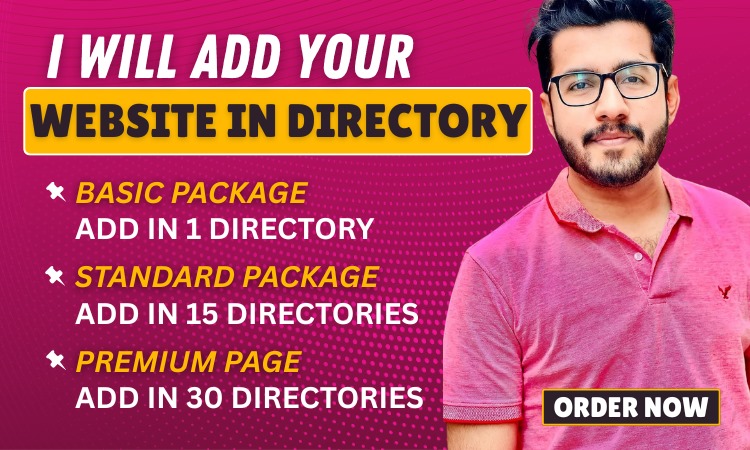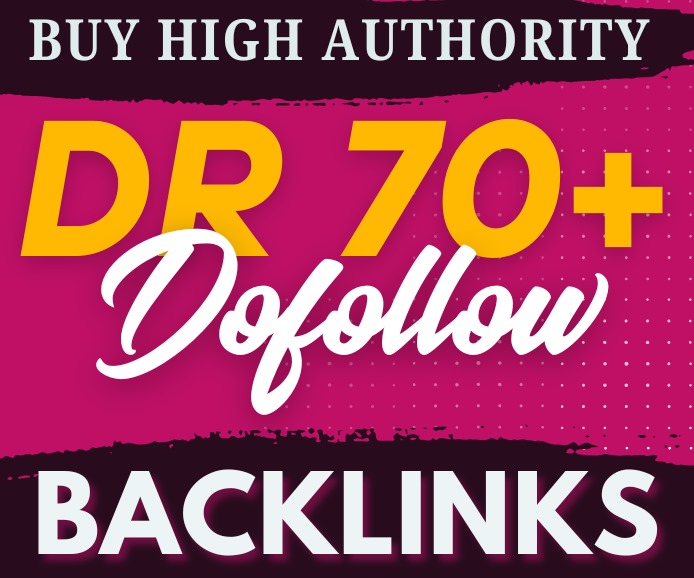Introduction
Let’s face it the ecommerce world is crowded. New brands pop up every day, and consumers are bombarded with ads on every platform. So how do you stand out, build customer loyalty, and keep your sales consistent?
Simple. You harness the power of email the most underrated yet highest-converting channel in ecommerce. But not just any emails. You need strategy, automation, segmentation, and high-converting content. That’s where an expert ecommerce email marketing agency steps in.
This guide covers why your online store needs one, what services they provide, and how to choose the right agency to grow your brand in 2025 and beyond.
What is an Ecommerce Email Marketing Agency?
An ecommerce email marketing agency is a specialized service provider that helps online stores design, implement, and manage email campaigns that generate sales and retain customers.
Unlike generic marketing agencies, these firms understand the ecommerce customer journey from browsing and cart abandonment to purchase and retention. They use data-driven strategies, automation tools, and personalized content to turn subscribers into repeat buyers.
Why Email Marketing is Essential for Ecommerce Brands
Email marketing consistently outperforms other digital channels in ROI. According to a 2025 study, ecommerce brands earn an average of $45 for every $1 spent on email.
It’s also the only channel where you fully own your audience. No algorithms. No unpredictable ad costs. Just direct access to your customer’s inbox — the most valuable real estate in digital marketing.
Core Services Provided by an Ecommerce Email Marketing Agency
1. Email Campaign Strategy
Agencies create a roadmap for your campaigns — holiday promos, product launches, welcome sequences — all aligned with your business goals.
2. List Building and Management
They help you grow your list with pop-ups, gated content, and lead magnets, then segment it based on behavior and demographics.
3. Automation Workflows
From welcome series and cart recovery to post-purchase follow-ups and win-back campaigns, automation is the secret sauce to generating revenue on autopilot.
4. Copywriting and Design
Your emails need to look great and sound persuasive. Agencies provide professional content and design tailored to your brand voice.
5. A/B Testing and Optimization
What subject lines work best? What time should you send? Agencies run split tests to optimize for performance.
6. Reporting and Analytics
Know what’s working and what’s not. Agencies provide detailed insights on open rates, click rates, conversions, and revenue.
Benefits of Partnering with a Specialized Agency
Expertise You Can Trust
A generalist might know marketing. But a specialist knows ecommerce and the buying behaviors behind it.
Time-Saving
You can focus on running your business while the agency handles campaigns, optimizations, and reporting.
Increased ROI
With professional strategies, agencies consistently outperform DIY campaigns, leading to more sales and customer retention.
Access to Premium Tools
Agencies often have access to advanced tools (Klaviyo, Litmus, Privy, etc.) that cost thousands if purchased individually.
Email Marketing Funnels That Drive Sales
Welcome Series
First impressions matter. Agencies create high-converting welcome emails to introduce your brand and convert new subscribers.
Abandoned Cart Recovery
This is low-hanging fruit. A three-part sequence can recover up to 30% of lost carts.
Post-Purchase Flows
Encourage reviews, upsells, and second purchases with personalized follow-ups.
Win-Back Campaigns
Re-engage inactive subscribers with targeted content and special offers.
How Agencies Use Segmentation to Maximize ROI
Segmentation is the backbone of email personalization. A top ecommerce email marketing agency will segment your list based on:
-
Purchase history
-
Browsing behavior
-
Email engagement
-
Demographics
-
Location
-
Average order value
This ensures every email feels tailor-made and leads to higher conversions.
Key Metrics Ecommerce Agencies Track
-
Open rate
-
Click-through rate (CTR)
-
Conversion rate
-
Revenue per email
-
Unsubscribe rate
-
List growth rate
-
Bounce rate
These metrics guide strategic decisions and ongoing optimizations.
Choosing the Right Agency for Your Business
Here’s what to look for:
-
Ecommerce-specific experience
-
Case studies with measurable results
-
Platform expertise (Shopify, WooCommerce, Magento)
-
Clear onboarding and communication
-
Transparent pricing
Ask for a portfolio or testimonials before committing.
Top Email Marketing Platforms Used by Agencies
Klaviyo
Perfect for Shopify brands. Deep integration, advanced flows, and powerful segmentation.
Omnisend
All-in-one for email, SMS, and push notifications. Great for multichannel engagement.
Mailchimp
User-friendly and affordable for startups, though less advanced than Klaviyo.
ActiveCampaign
Ideal for advanced automation and CRM integration.
Case Study: How Email Marketing Doubled Revenue for a Small Brand
A boutique skincare brand partnered with an ecommerce email marketing agency. In 6 months:
-
Email revenue grew from 12% to 39% of total revenue
-
Open rates increased from 18% to 36%
-
Abandoned cart recovery added $8K/month in sales
The agency implemented a full funnel strategy: welcome series, cart flows, product education, and loyalty campaigns.
Common Mistakes DIY Email Marketers Make
-
No segmentation
-
Poor design and mobile optimization
-
Sending too many or too few emails
-
Lack of testing
-
Writing salesy copy that turns people off
An agency helps you avoid these and builds a data-driven system that performs.
Email Marketing vs. Paid Ads: What’s Better for Ecommerce?
Ads are great for discovery. But email is where the profits live.
-
Ads are expensive and often have diminishing returns.
-
Email is owned media — no algorithms or bidding wars.
-
Lifetime value grows through retention-focused flows.
Together, they’re a powerful combo. But email builds the long-term foundation.
Emerging Trends in Email Marketing for Ecommerce in 2025
-
AI-Powered Personalization: Subject lines and content that adapt to user behavior.
-
Interactive Emails: Carousels, buttons, even checkout within the email.
-
Dark Mode Optimization
-
Predictive Retargeting
-
Email + SMS Bundles
A top agency stays ahead of these trends and implements them for you.
The First 90 Days with an Ecommerce Email Marketing Agency
Month 1: Strategy & Setup
-
List audit
-
Customer journey mapping
-
Platform integration
Month 2: Launch Core Flows
-
Welcome, cart, post-purchase, win-back
Month 3: Optimization
-
A/B testing
-
Monthly performance reports
-
Strategic recommendations
Conclusion
Hiring an ecommerce email marketing agency isn’t a luxury it’s a growth move. With deep platform knowledge, behavior-based segmentation, and ROI-focused campaigns, an agency turns your email list into a revenue-generating machine.
In 2025, with rising ad costs and short consumer attention spans, email is your best bet. But it’s only effective when done right — and that’s what an ecommerce email marketing agency is built for.
FAQs
1. How much does it cost to hire an ecommerce email marketing agency?
Expect to pay anywhere from $1,500 to $10,000/month depending on the agency’s expertise, your list size, and the scope of work.
2. Can an agency integrate with my Shopify store?
Yes, most ecommerce agencies specialize in Shopify and can integrate your store with tools like Klaviyo or Omnisend.
3. How long before I see results?
Most brands see initial uplift in 30 days, with significant results in 60–90 days.
4. What’s better: email or SMS marketing?
Email has higher ROI and scalability, but SMS has better engagement. The best agencies combine both.
5. Is email marketing still worth it in 2025?
Absolutely! With proper segmentation and automation, email remains one of the most profitable marketing channels.




